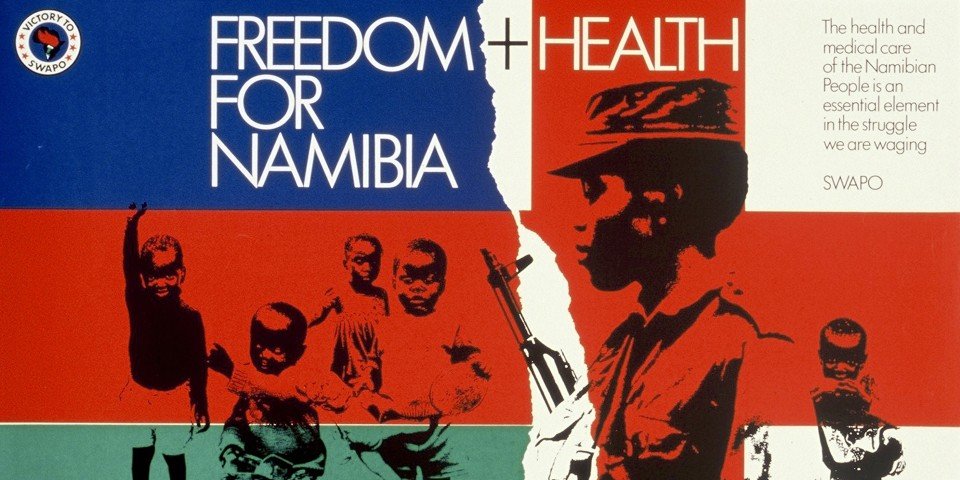
Teaching and Research
Study programs
The history of Africa can be studied at the University of Basel within the bachelor degree course and master degree course in history as well as within the master degree course in European History in Global Perspective. Moreover, African history is part of the interdisciplinary master degree course in African Studies, which is coordinated by the Centre for African Studies (CASB).
Topics of teaching and research
The study of African history contributes to a deeper understanding of social change in Africa by focusing on different case studies and on the basis of critical readings of written, oral, and/or visual documents and sources. On-going research and teaching activities revolve around themes in environmental and agricultural history, the history of medicine, aspects of development and modernization, violence and the role of colonial intermediaries. We particularly stress the internal dynamics of African history, which we understand, at the same time, as a history of transregional relations within Africa and between Africa and other parts of the world. The engagement with African history is an interdisciplinary endeavor. Along with social and cultural history approaches, African history is inspired by the fields of anthropology, sociology, cultural sciences, gender studies, literary criticism, and archaeology.
Courses and Research
While our lectures and introductory courses provide overviews of broad thematic fields in African history, the seminars and exercise courses focus on specific topics. In the recurring course "What Is African History? An Introduction", bachelor and master’s students familiarize themselves with methods, theories, and sources specific to African history. In seminars, we also encourage students to work with primary sources, which are widely available and accessible at several archives in Basel. Our undergraduate and graduate students often use the extensive collections of the archives of the Basel Mission (Mission 21) and the Basler Afrika Bibliographien for their research. In addition, there is a range of sources available in digital archives (click here for a list of digital archives relevant for African history).
In our regular research seminar in African history master students, doctoral students, postdoctoral researchers, and international guest speakers present and discuss their current research. In addition to the courses taught by our core faculty, we regularly invite African history scholars from outside of Basel to teach courses on their field of specialty. The medium of instruction in introductory courses and seminars is German and English; courses for advanced students are usually taught in English.
Research
At the chair of African history at the University of Basel we pursue a social and cultural history approach in our research. Moreover, we place African history within a transnational context that focuses on Europe and the African diaspora. Our main regional focus is southern Africa, but we also deal with West and East Africa from the 18th to the 21st centuries.
Our research projects examine a broad scope of topics. Among them are histories of agriculture and rural development, transnational histories of knowledge in Africa and beyond, environmental history, the history of race, urban history, and the history of medical innovations in Africa as well as violence and colonial intermediaries. These topics reflect the research axes of the Centre for African Studies.
Young scholars and funding
PhD students in African history have the opportunity to study at the Basel Graduate School of History. Important third-party funding agencies for research projects are the Swiss National Science Foundation, the Swiss South Africa Joint Research Program, the Swiss Network for International Studies, and the Freiwillige Akademische Gesellschaft. We encourage outstanding PhD candidates and postdoctoral researcher from Africa to apply for Swiss Government Excellence Scholarships for Foreign Scholars and Artists (ESKAS).
Current Research Projects
| Affentranger, Lukas | From Berlin to Mozambique and back: Wilhelm Peters and transcultural knowledge production |
| Boehi, Melanie Eva | A South African social garden: people, plants and multispecies histories in the Kirstenbosch National Botanical Garden |
| Fadeyi, Tolulope | Engendering the Colony: Maternal Health, Indigenious Knowledge and European Medicine in Southwest Nigeria, 1925-1960 |
| Graf, Andrea | Out of Sight? Bilharzia in Madagascar as a Global History of 'Neglected Tropical Diseases', 1950 to the present |
| Grogan, Patrick | The Berlin-Cape Nexus: Early Nineteenth-Century German Naturalists in the Cape Colony |
| Herzog, Kai Florian | Violent Encounters: Practices and Perceptions of Violence in Southern Namibia and the Northern Cape, c. 1880-1910 |
| Kifyasi, Andrea Azizi | Diplomatic History of China Medical Assistance to Africa, a Case study of Tanzania, 1960s to 2015 |
| Ngwenya, Brian | Order, Politics and Memory: African Police and State-Making in Zimbabwe, c. 1960-90 |
| Vögeli Litelu, Anna | Life Stories, Livelihoods and Political Change in the Tzaneen Area, South Africa, 1940-1980 |
| Brühwiler, Benjamin | The Emergence of Public Private Partnerships in Global Health: Drug Development in Postcolonial Zambia, 1975-1990s |
| <link departement personen personen-details profil person mark internal link in current>Mark-Thiesen, Cassandra | Tending to the Soil: Sovereignty, Education and Agriculture in Liberia since 1847 |
